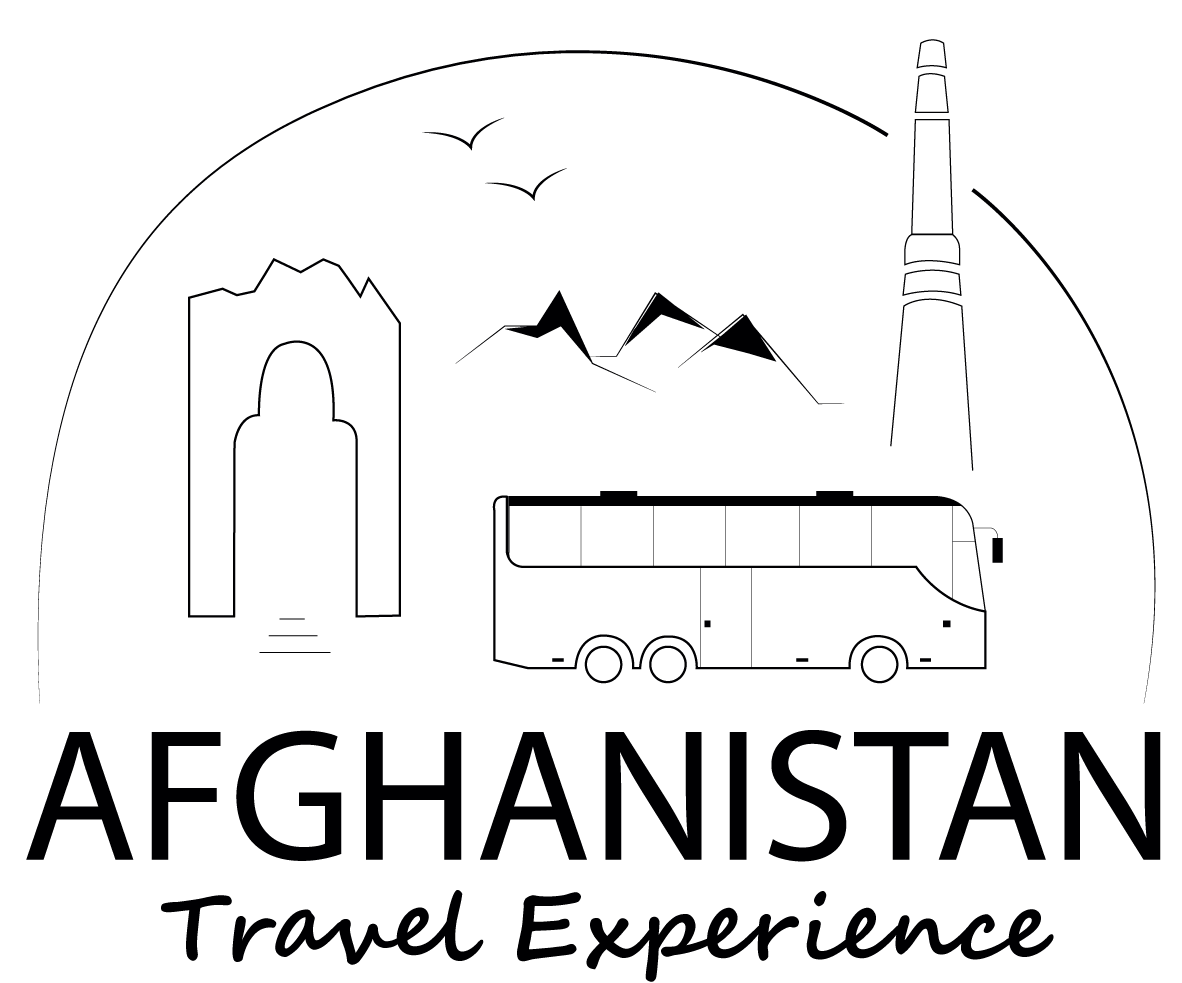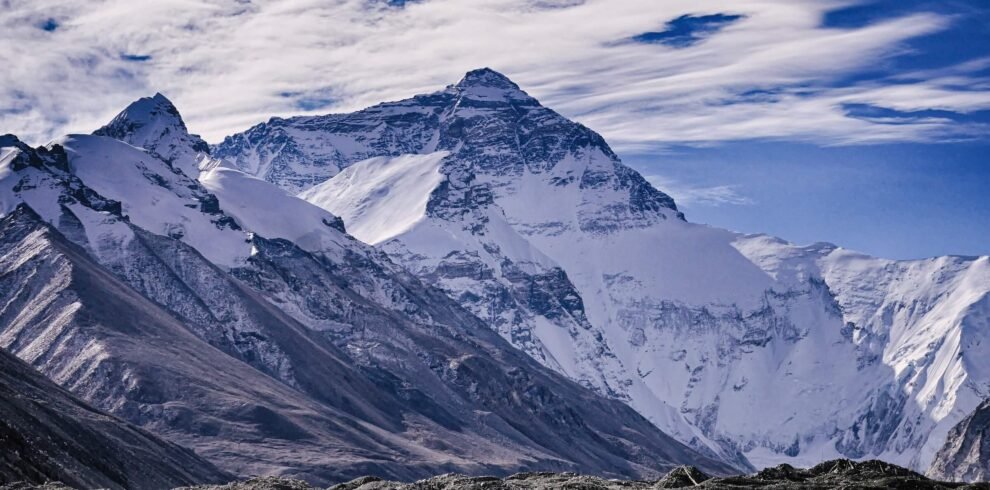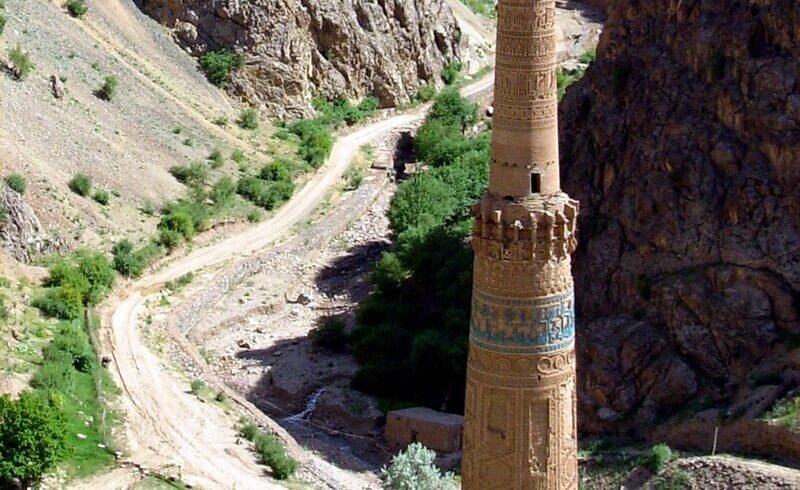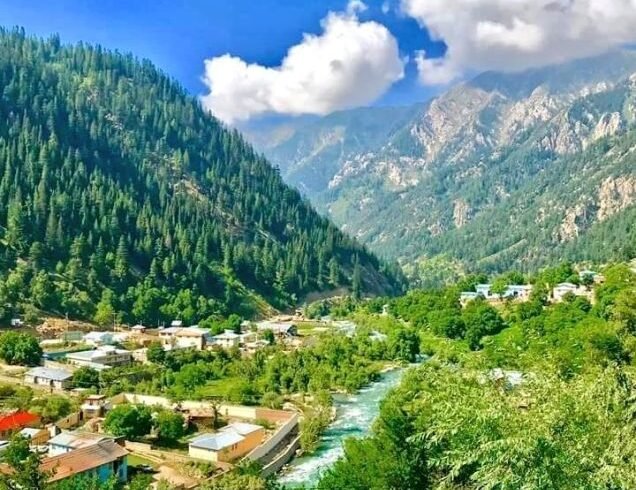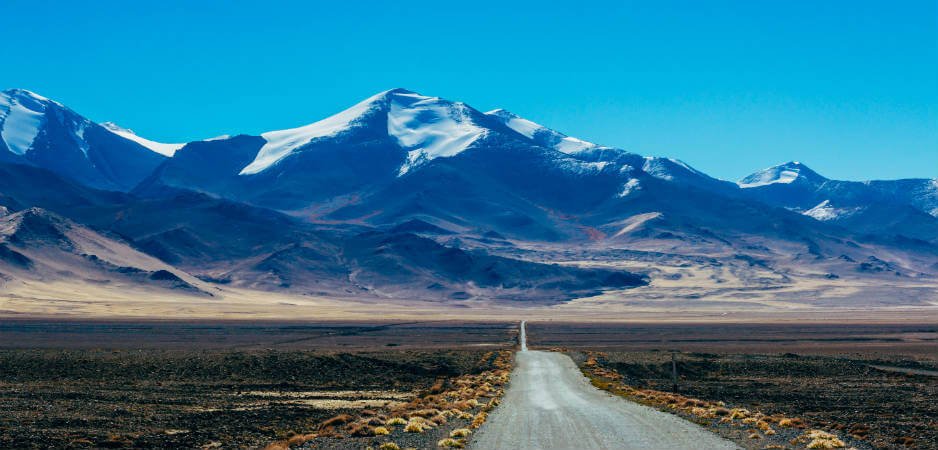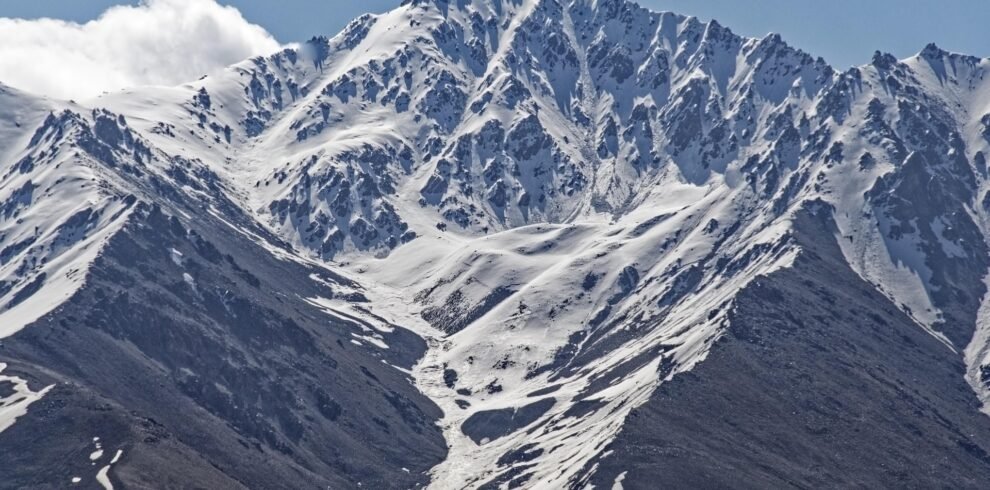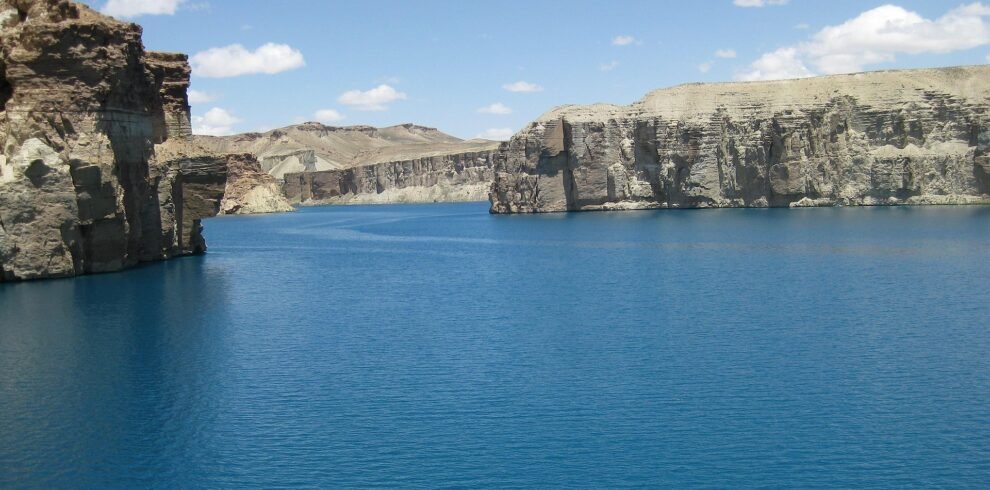Explore Kabul: Gateway to Afghanistan’s Soul
Kabul
Discover Kabul: The Heart of Afghanistan
Kabul, the capital and largest city of Afghanistan, is a city steeped in history, culture, and resilience. Nestled in a scenic valley over 1,800 meters above sea level and surrounded by the Hindu Kush mountains, Kabul has long served as a crossroads of civilizations. With its blend of ancient monuments, historic gardens, and emerging urban life, Kabul offers visitors a unique glimpse into Afghanistan’s rich heritage and evolving present.
Historical Significance and Urban Energy
Kabul has been inhabited for over 3,500 years and was a vital point along the ancient Silk Road. The city has witnessed the rise and fall of empires—from the Mauryans and Mughals to more recent dynasties—all leaving behind architectural and cultural footprints. Today, Kabul is not only the political center of Afghanistan but also a melting pot of traditions, languages, and ethnicities.
Must-Visit Attractions in Kabul
Babur’s Gardens (Bagh-e Babur)
A beautifully restored 16th-century Mughal garden and the resting place of Emperor Babur. With terraced greenery, flowing water channels, and panoramic views of the city, it is a peaceful escape from the urban buzz.Darul Aman Palace
An architectural gem from the 1920s, the Darul Aman Palace is a symbol of Afghanistan’s early modernist ambitions. After decades of damage, it has been carefully restored and now stands proudly as a reminder of the country’s enduring spirit.Qargha Lake
Located just west of the city, this artificial lake is a local favorite for weekend getaways. With restaurants, paddle boats, and serene views, Qargha is perfect for family outings and those looking to unwind in nature.Paghman Gardens
A short drive from the city, Paghman is known for its mountain air, lush landscapes, and the famous Victory Arch (Taq-e Zafar), built to commemorate Afghanistan’s independence in 1919. The area is ideal for picnics and photography.Kabul Museum (National Museum of Afghanistan)
Home to a vast collection of artifacts from prehistoric to Islamic periods, the museum provides valuable insights into Afghanistan’s deep cultural and historical roots.Sakhi Shrine (Rawza-e Sakhi)
This beautifully designed blue-tiled mosque is one of Kabul’s most recognized landmarks. While a significant religious site, it is also appreciated for its architectural beauty and peaceful surroundings.
Modern Kabul: Culture, Markets, and People
Kabul is a city of contrasts—where modern coffee shops and tech startups coexist with traditional bazaars and historic mosques. Its bustling markets like Chicken Street and Mandawi Bazaar are known for Afghan carpets, gemstones, antiques, and handmade crafts. Cafés and bookshops are becoming hubs for young creatives and entrepreneurs, signaling a new wave of urban culture despite ongoing challenges.
A City That Endures
Despite its turbulent history, Kabul continues to grow, adapt, and inspire. It’s a city that tells stories at every corner—from ancient walls to contemporary art scenes. Whether you’re drawn to its history, landscapes, or people, Kabul invites visitors to see beyond headlines and experience its deep-rooted charm firsthand.
